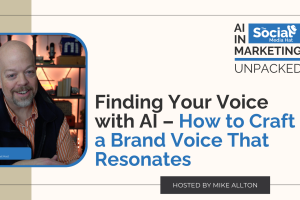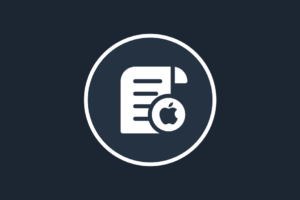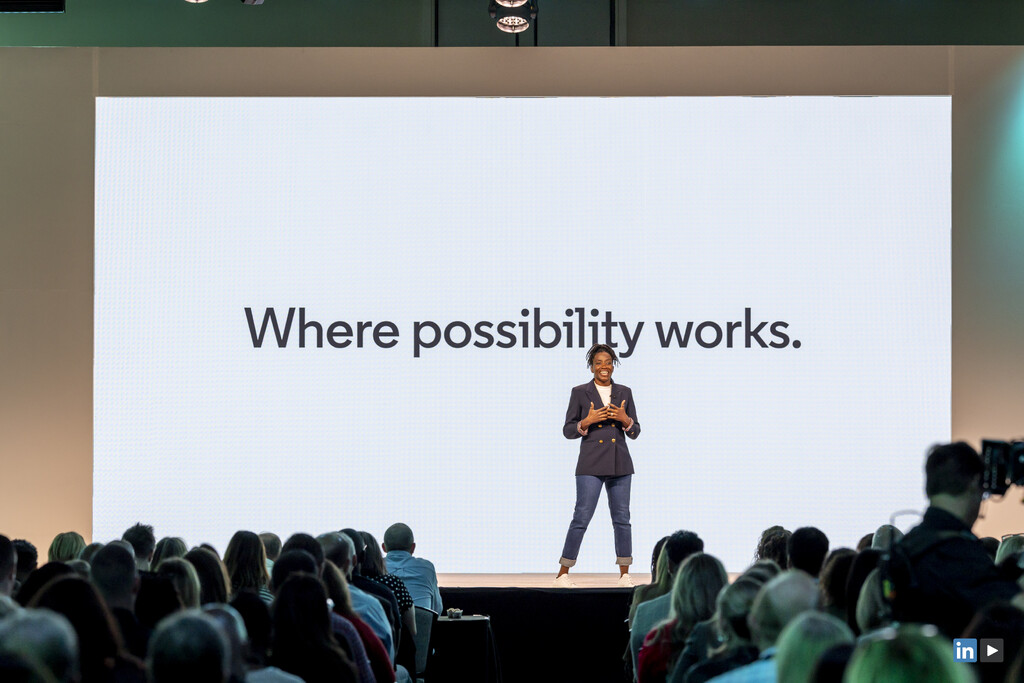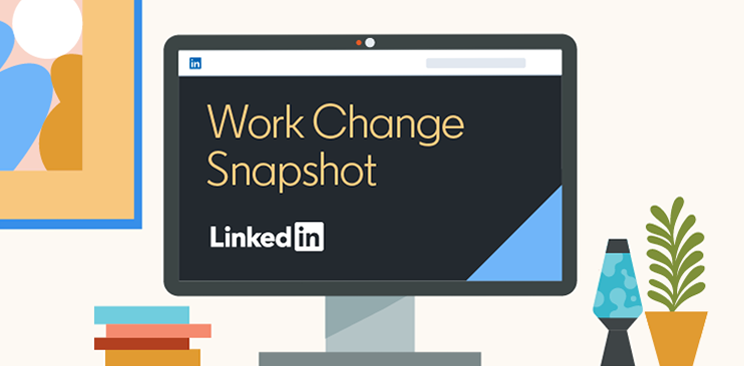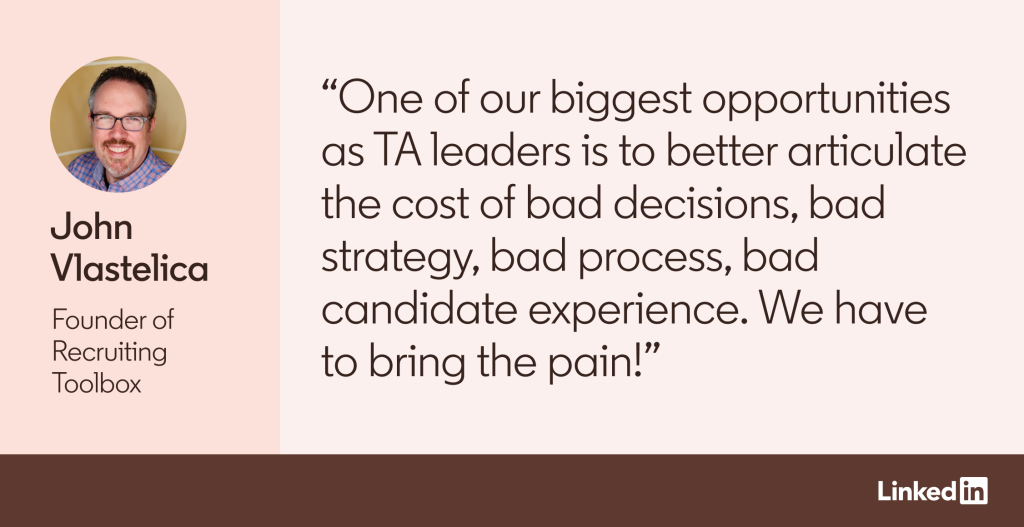Over the past year, generative AI and skills-first hiring have been among the hottest topics in the talent world. They’re so zeitgeist-y that every time Aneesh Raman, head of LinkedIn’s Opportunity Project, interviewed a talent or learning leader, he asked them how AI would change the world of work — and their replies often hit upon skills-first hiring.
That’s not surprising, considering that Aneesh interviewed some of the biggest names in the field, including Byron Auguste, CEO and cofounder of Opportunity@Work; Gerald Chertavian, founder of and senior advisor at Year Up; and Sara Dionne, vice president of learning and development at Comcast. It’s also in keeping with the Opportunity Project’s mission of creating a more dynamic and equitable global labor market.
But these leaders’ answers were so compelling, we wanted to share them with our readers. Here’s what they had to say.
Byron Auguste: AI will help reset the rules
As head of Opportunity@Work, Byron is a tireless champion for STARs, workers who are Skilled Through Alternative Routes. These are the 70 million U.S. workers who do not have a four-year degree but have obtained skills in other ways, whether through community college, an apprenticeship, the military, a certificate program, or perhaps most importantly, on-the-job training. They have skills that are highly valued at many companies — but they’re screened out nonetheless for lack of a college degree.
That’s where AI can play a role. “In a way, AI doesn’t fundamentally change the problem I’m trying to solve,” Byron told Aneesh, “but it does change the way we have to go about it, and it probably changes the speed at which we need to go about it.”
Byron emphasized that as AI tools proliferate, our intentions matter more than ever. “While AI-turbocharged ‘screening out,’ is a legitimate fear,” he said, “imagine if our intention was to screen more talent in.” AI can be used to “reset the rules” to make overlooked talent more visible and workplace opportunity more equitable.


